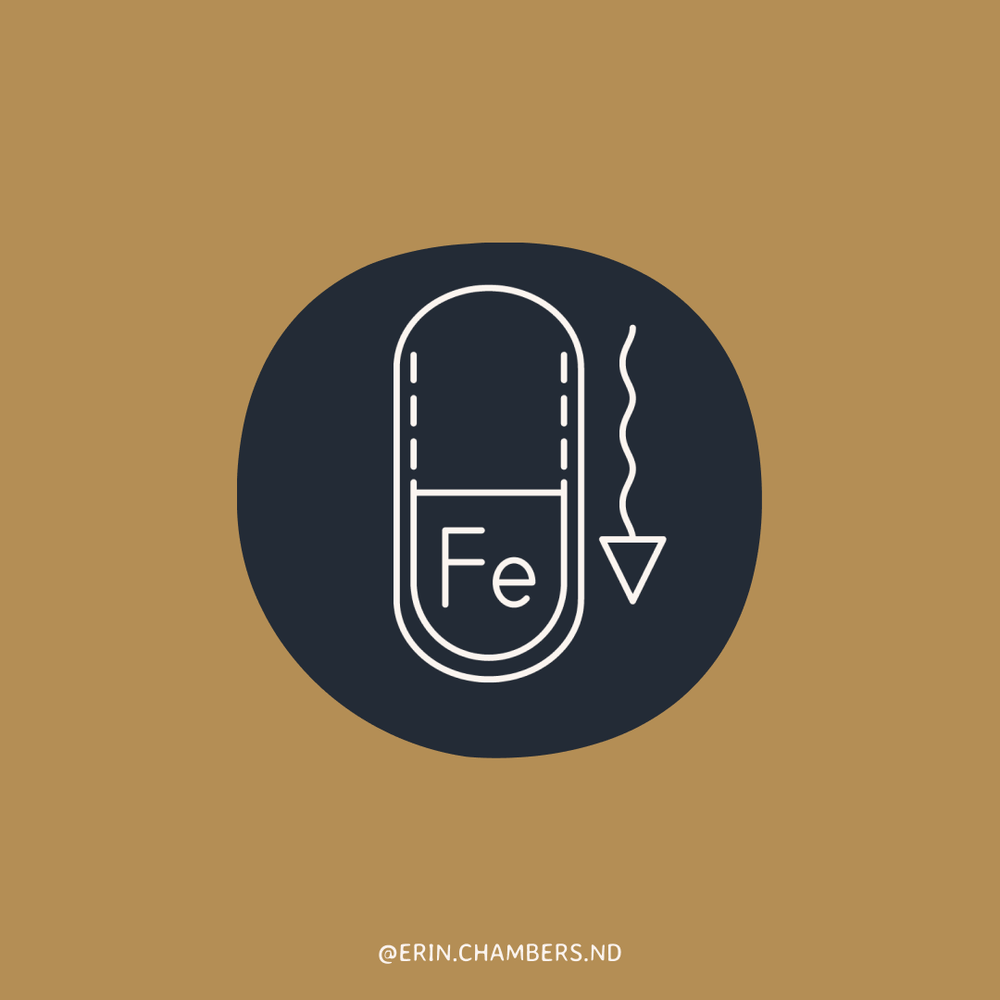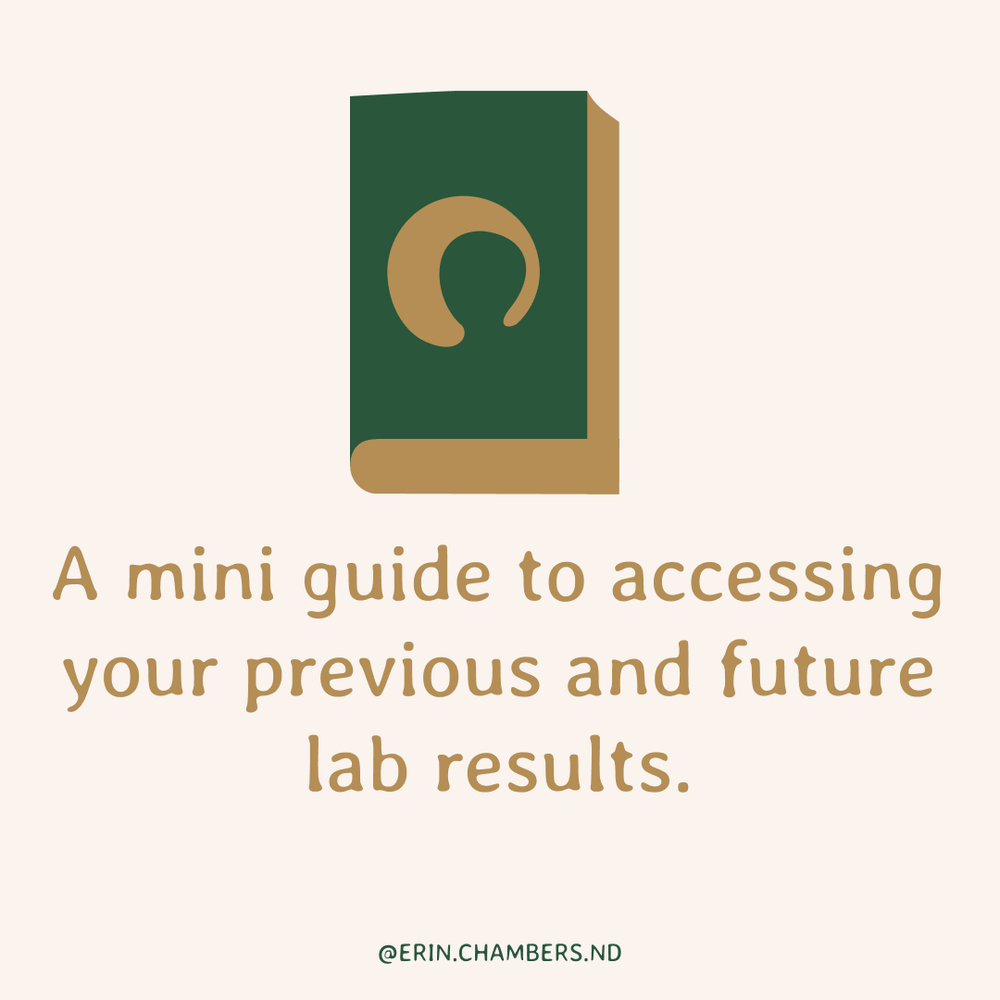Rolling With Stress: 5 (free) Resiliency Tools to Help Lighten the Load


Times are stressful, and just about anything can be a stressor, especially if you’re juggling a lot of responsibilities and already feeling overwhelmed. Even if you don’t have a lot of time, there are ways to reduce stress, re-energize yourself and find some balance amidst the chaos.
Come in and find out what natural stress remedies could work for you.
What is stress?
Stress is our body’s response to mental strain and pressure, which can come in the form of a new obligation, a change in the workplace or family life, or just about any event or circumstance, especially one that is out of our control.
Our specific stress experience comes from how we each react physically, emotionally and mentally, to events and situations in our lives, and the circumstances under which we encounter them.
Stressors
Everyone has their own unique set of reasons for their stress level, and these individual factors that contribute to your overall stress load are called stressors.
These can range from what you might initially consider “no big deal” events or circumstances, to extremes that we can barely fathom dealing with. But even what we might consider a minor stressor could be the last straw to overload, and small stresses can compound to put serious strain on our physical body and our mental health.
What might have once seemed like a minor issue can feel intense and overwhelming when you’ve been managing a high stress load for an extended period of time. This can be said about stressful times in general: A seemingly minor stressor, easily shrugged off when times are generally good, can have a major impact when times are tougher. What the stressor is doesn’t really matter; how we react, physically and emotionally, is what does.
Cortisol: The stress hormone
Our adrenal glands, which sit on top of the kidneys, produce adrenaline and cortisol during what our brain perceives as potentially threatening situations.
Cortisol is the primary stress hormone and it increases sugar in the bloodstream, which is important for our fight-or-flight response. It can also suppress certain functions which the endocrine system deems unnecessary in life-threatening situations, like digestion and the reproductive system.
When we’re chronically stressed, these systems may stop functioning properly and may cause symptoms like anxiety, weight gain, headaches, and poor digestion.
Stress manifests differently for each of us
Stressors are relative, and each of us encounters them in our own way, based on previous experience, current environment, and whatever else is going on in our lives at the time. Stressors can manifest in our physical or emotional body before we are able to think and logically reason through them.
For me, I can feel the tension in my pelvic floor and jaw, my mind starts to race. Then I get angry, and I may get snappish and say something I regret before I have any idea what’s going on. In other words, my nervous system goes haywire without consulting my brain.
Someone else might feel nauseous, or even breathless, or have the urge to throw things. Your response will be unique to you and to the situation.
What can we do about it?
Of course, the ideal cure for a stressor is to remove it. But that’s usually not an option, and we often find ourselves in situations where we’re stuck dealing with the stressor, and the compounding of multiple stressors.
A good example would be most of the years 2020 and 2021, where the COVID-19 pandemic impacted nearly every aspect of our lives, making a lot of people feel helpless. Even years post-COVID, we can still feel the impact of lockdowns, school and work shutdowns, fear of infection, and general helplessness.
Outside of a situation like a global pandemic, though, there are the persistent stressors of things like school, parenthood, family, work, and finances where it may not be possible, nor necessarily desired, to remove ourselves from the situations.
Instead of curling up in a ball or just crumbling from the impact of these stressors, which can leave us even more fried, there are a few tools that have been found to give our nervous systems a little TLC. The best part? They don’t cost anything.
1. Breathing
Several studies have shown that diaphragmatic breathing, also known as deep breathing, can have a calming effect and reduce stress.
I know, I know, you have heard it a million times before, but do you practise deep breathing regularly? If not it’s worth a shot, and there are some effective stress-reducing techniques out there that involve deep breathing that don’t require a ton of time.
For some short, easy-to-follow videos using deep breathing, you can check out ‘Reducing Stress Through Deep Breathing’ from the Johns Hopkins Rheumatology Institute, or other step-by-step guides.
Hint: It’s not just about breathing into your belly
2. Catharsis
Scream, dance, cry, shake, exercise, or whatever else lets you let go and release those pent-up emotions and physical tension.
After animals have a near death experience, they shake it off and carry on as usual, whereas we humans tend to hold in our stress. But it has to come out eventually, and when it finally does come out, it may be misdirected, usually at the people closest to us.
According to the polyvagal theory, stress gets stuck in the body and can manifest down the road as physical or psychological disease. Take a moment and let it out, but maybe make sure no one’s in the crossfire when you do
3. Talking
While this may be easier said than done, DON’T just grin and bear it. Holding in your stress can wreak havoc on your physical and mental health.
Speak out, talk to someone, commiserate, get things off your chest. Do you have an understanding friend in similar circumstances you could talk to? Talk to a therapist, neighbour, bus stop acquaintance, whatever works. Just talk.
If you have a partner, they might be a good resource and may even help with problem-solving. However, sometimes your partner is also a source of stress, so a friend or a support group for people with similar life situations might be a better option.
Writing has also been shown to have a similar cathartic effect to talking, so consider journaling, either on paper or even in a journaling app on your phone
4. Spending time in nature
Being surrounded by nature in the forest or beside a lake or on the ocean, even for a short while, has been shown to have a positive effect on high blood pressure, mood, and cortisol levels.
A lot of us don’t get to get out into nature on a regular basis, and that’s really too bad because the natural environment can help our hearts, reduce stress, and even give us more energy. These “forest bathing” effects, traditionally experienced from visiting a forest and breathing in its air, have also been observed when mentally visualising nature. It goes to show just how powerful the mind-nature connection can be.
However, when you have the opportunity to experience nature in real life, you should try to take advantage. If you’re feeling trapped in the city, here are 10 green spaces in Vancouver that you can lose yourself in, even if it’s just for a short time.
5. Stop and smell the … whatever
Scent is one way to directly access the central nervous system. Connecting the nose to the olfactory nerve is the shortest cranial nerve and it provides direct access to the brain’s amygdala, our emotion and stress centre.
You should find the scent that has an emotionally calming effect on you, and breathe deep. Each of us has our own calming scent(s), based on our unique scent memories. The smell of the ocean, or your favourite food, or the smell of freshly-mown grass may have a calming effect on you, and help bring down your immediate stress level.
Aromatherapy has also been shown to have a soothing and calming effect, and reduce stress levels, so if you can’t get to the ocean or mow your lawn, you can try that instead.
Managing your unique stress
To manage our stress, we need to give our stressors a little more love and attention, and by that, I mean we ourselves need a little more love and attention. Give yourself a moment to take a walk in the park, talk to someone, take a few deep breaths. You’ve got this.
If you’re interested in a little help managing your stress and your unique health needs, book an appointment with me.


